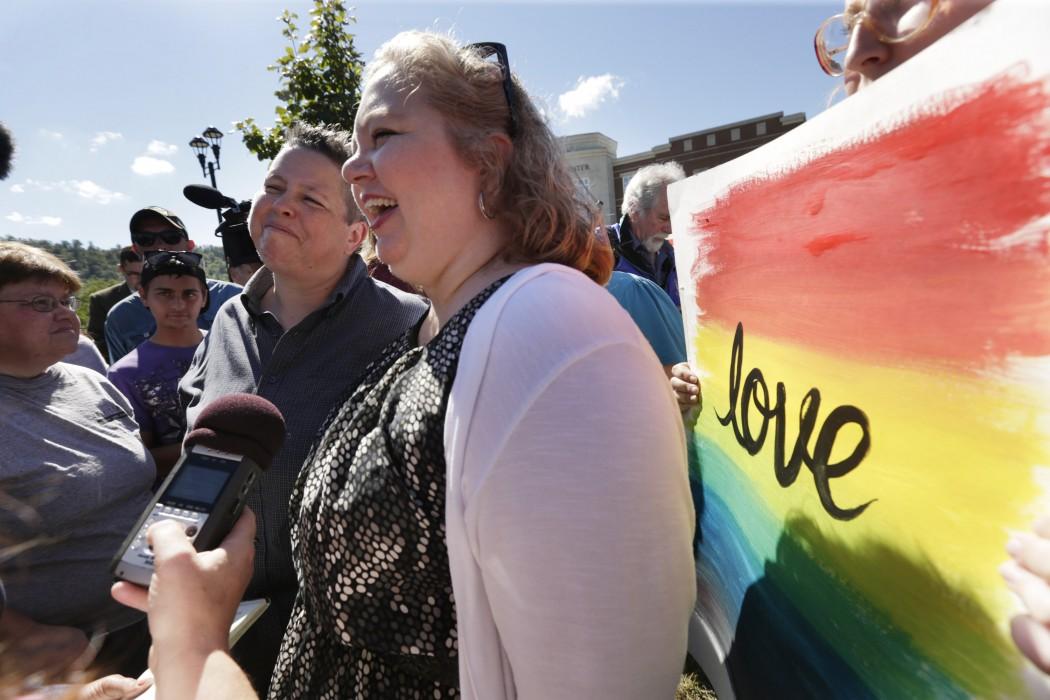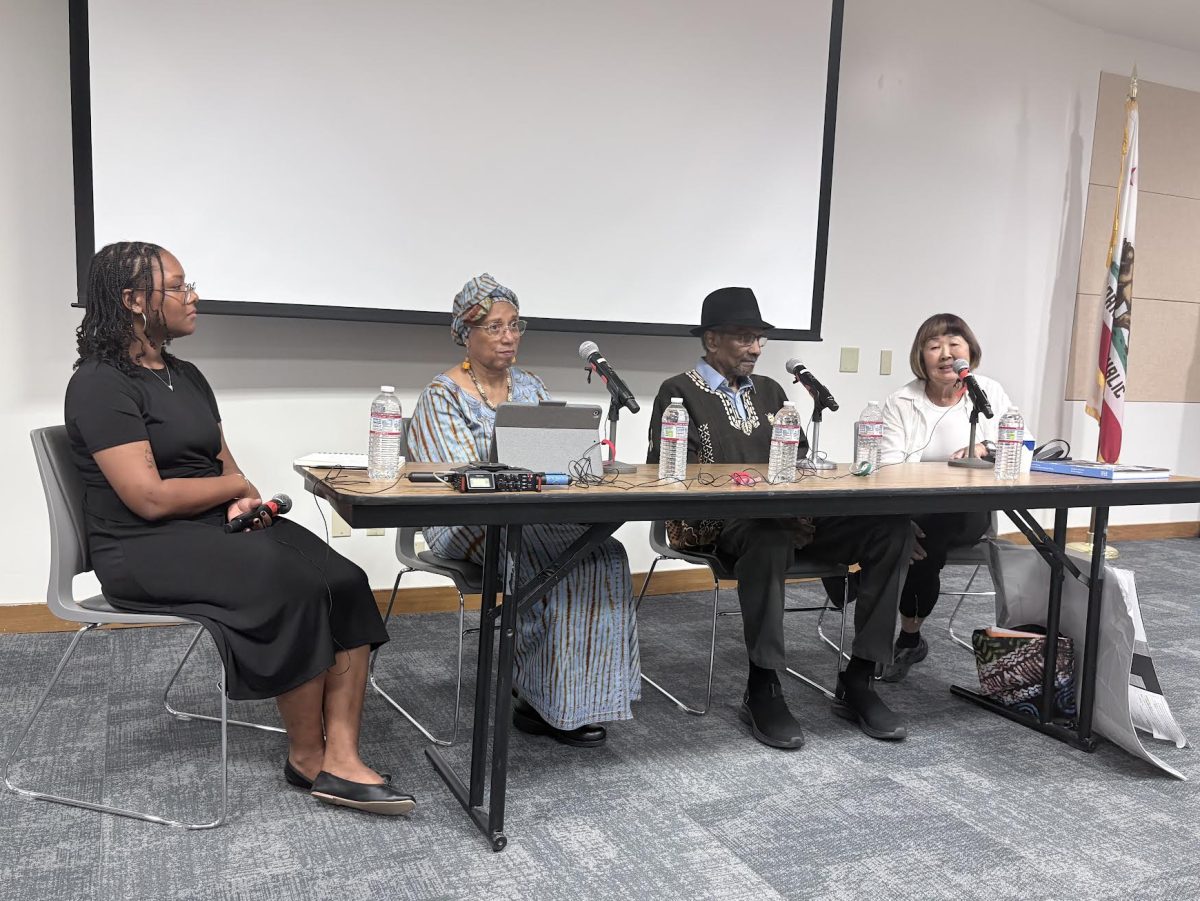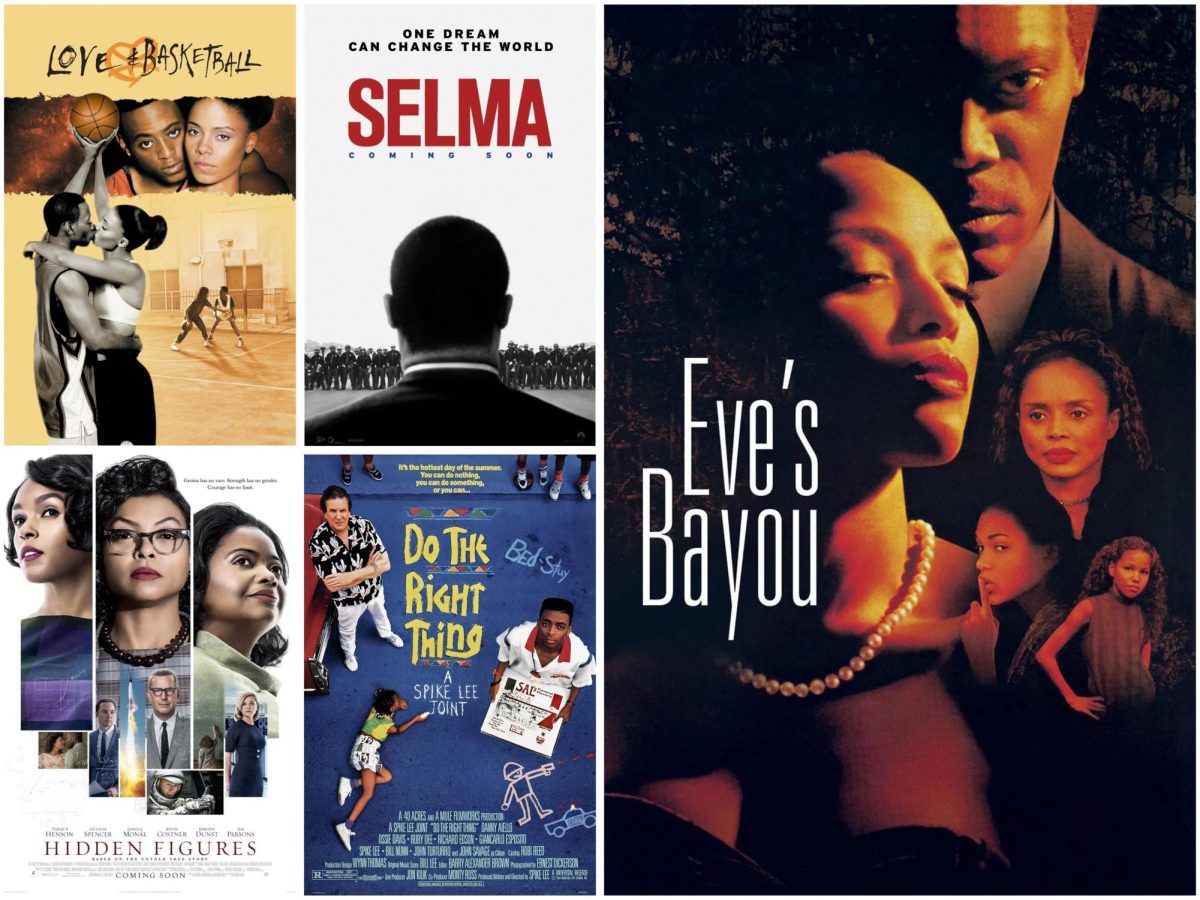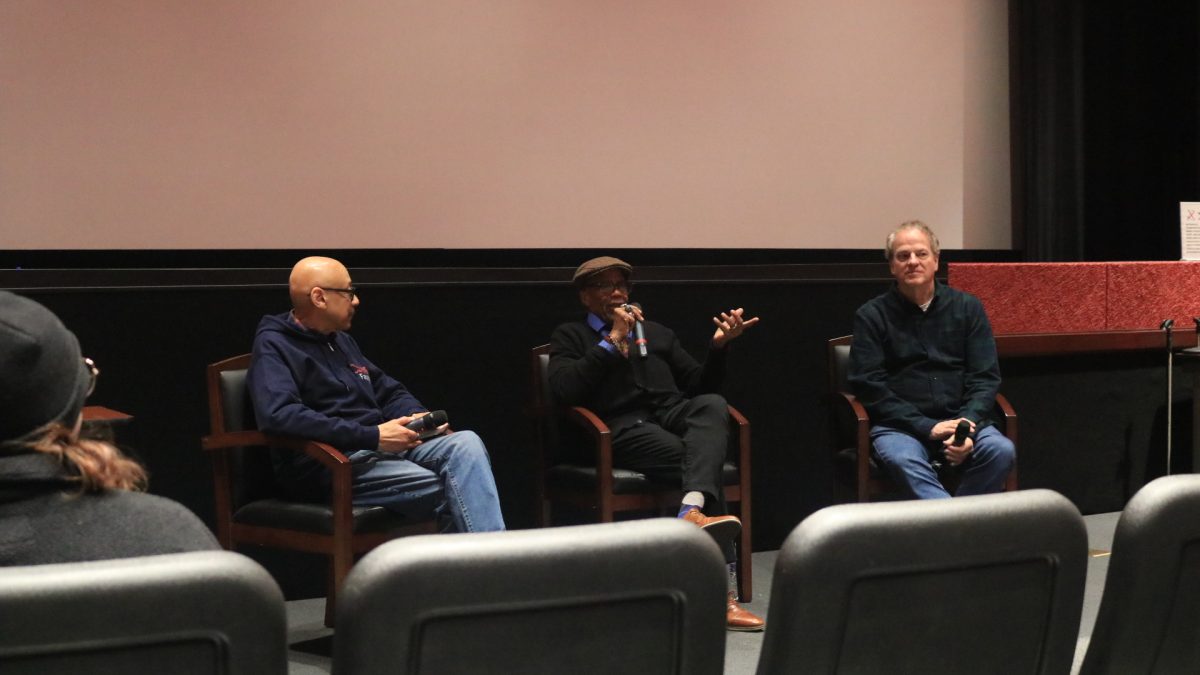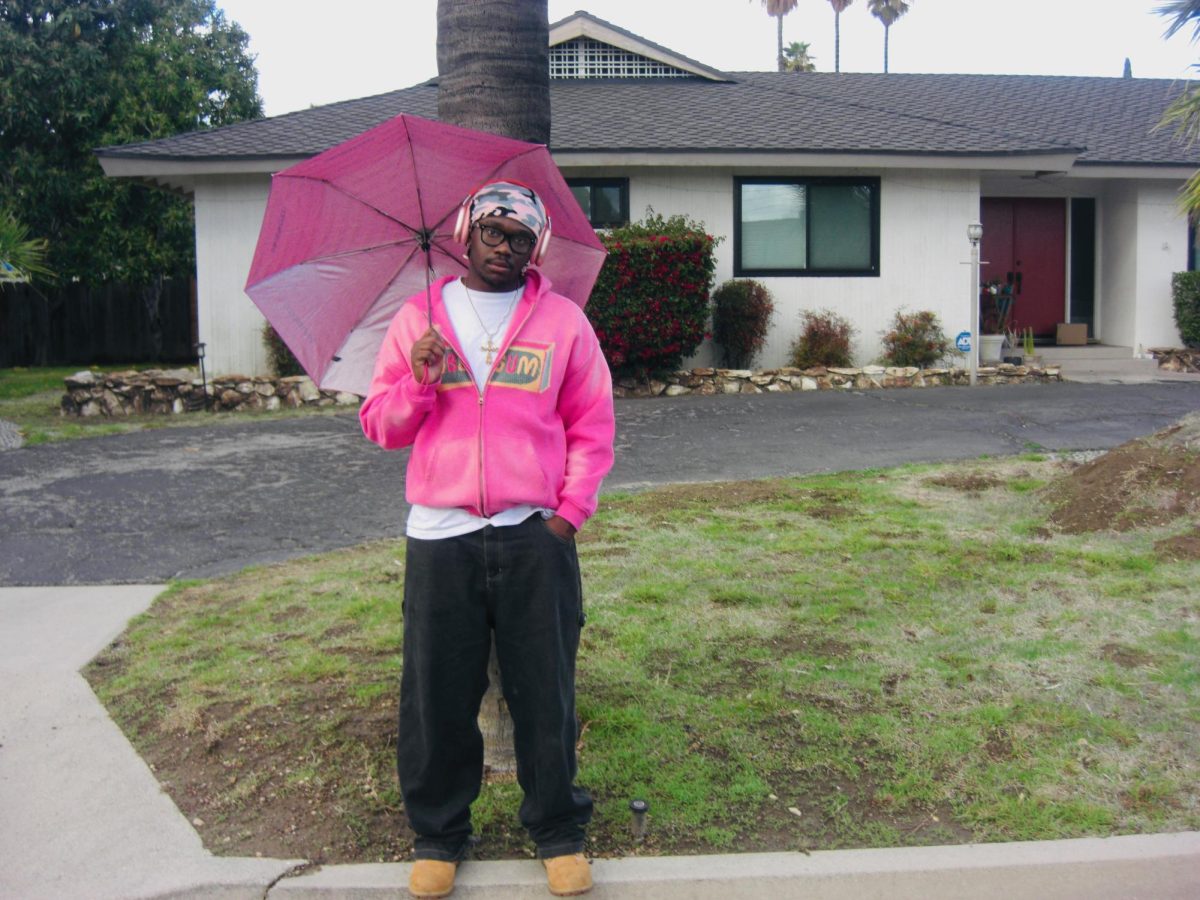Progress toward a more gender-neutral environment is being made nation-wide at college campuses by creating awareness of ways to foster inclusivity on campus.
Through the last couple of decades there has been a growing movement for people to become more inclusive with the language they use. The first strides being made were within occupational pronouns, like policeman to be changed to police officer and stewardess to flight attendant.
However with the transgender community now getting more positive media attention than ever, people have begun new conversations about inclusivity and gender.
Inside the CSUN Pride Center, 22-year-old junior Brittany Combs sat alongside Gabriele Cendoroglo, a 24-year-old sophomore, as they discussed their views on gender pronouns.
“I don’t really find them relevant and I wish that there was a pronoun other than ‘they’ or ‘their’ to describe people who don’t prefer ‘he’ or ‘she’ pronouns,” Combs said. “I feel like I am kind of in the middle somewhere, but I don’t necessarily feel like identifying with ‘he’ pronouns or ‘she’ pronouns and ‘they’ is more assumed to be more than one person. I feel like I dehumanize myself when I use that pronoun.”
Combs, who prefers Brittany but is fine with the “they” pronoun, said that no professor on campus ever asked students which pronoun they preferred, not even in their queer studies class, added Cendoroglo.
“I don’t even question my gender until somebody else tries to question it. I just pretend it doesn’t exist half of the time,” Combs said. “I know we are still in the exploration stages, and personally I’ve been still figuring myself and trying to since I was 13. I could just be all of the above, but I keep on trying to narrow it down and it’s hard. It just doesn’t work.”
Outside of the USU, and more specifically the Pride Center, many students needed a further explanation of what is meant by gender-neutral pronouns. However, while most students took a while to grasp the concept, there was a positive response of acceptance and respect to those students on campus.
“I think we should just have one word for everybody, but also I think gendering pronouns has something to do with separating women and men. I think that there is no reason for pronouns to be gendered. I think that they just shouldn’t exist,” Cendoroglo said. “Even in a cis environment, it can be oppressive to women. ‘That’s what she said’ is a joke. Gender pronouns are bad in both trans and cis communities.”
According to GLAAD, “‘cis-‘ is a Latin prefix meaning ‘on the same side as,’ and is therefore an antonym of ‘trans-.'”
Earlier this year, College Magazine came out with their top 10 list of the most transgender-friendly campuses.
Colleges like University of Tennessee, Harvard University, Vanderbilt University, American University, University of Vermont and Duke University have been in the news for their efforts to create a more gender-neutral environment for their students.
According to the LA Times, applicants to the University of California will have six different gender identities to choose from: male, female, trans male, trans female, gender queer/gender non-conforming and different identity.
While CSUN has not made those kind of strides, the campus has made efforts to create a community for students at the Pride Center. Trans week, celebrated Nov. 14 through 20, is one example of outreach from the campus community.
Through the Pride Center, 18-year-old freshman Ron Villarreal has learned more about the issue.
“I have been aware in the past, but I didn’t put too much though until just last week for trans awareness week,” Villarreal said. “I feel like it solidified the idea about pronouns that I had. I feel like with pronouns, it has a lot to do with respect and acceptance. If somebody prefers a certain way to be identified, then you should respect that. It doesn’t matter how you perceive them but how they perceive themselves and how they want to be preferred.”
The Pride Center created a sheet of Queer Terminology to help students become familiar with their proper definition. In 2011, CSUN approved four single gender-neutral bathrooms. Since its opening in 2012, the Pride Center has grown to include many options for our LGBTQAIQ community. CSUN has recently offered a name change form in which students may write their preferred gender pronoun.
Arin Flores, a 22-year-old junior said, “I have yet to submit the preferred name form because I want to do it after finals, because I don’t want to have an awkward encounter. It’s a new thing that admissions and records is doing.”
The Ally Project at CSUN provided a list of terms to get familiar with to help expand one’s personal knowledge. Students who are active with the Pride Center said it is important to get educated so one can have a better understanding.
Although many students on campus may not be aware of the preferred gender pronouns other than “he” or “she,” many people recognize them and feel comfortable with using them.
Amir Ranjbar, a 20-year-old sophomore, said “I wouldn’t mind calling people ‘he,’ ‘she,’ ‘they,’ or whatever they would like, to be honest.”
